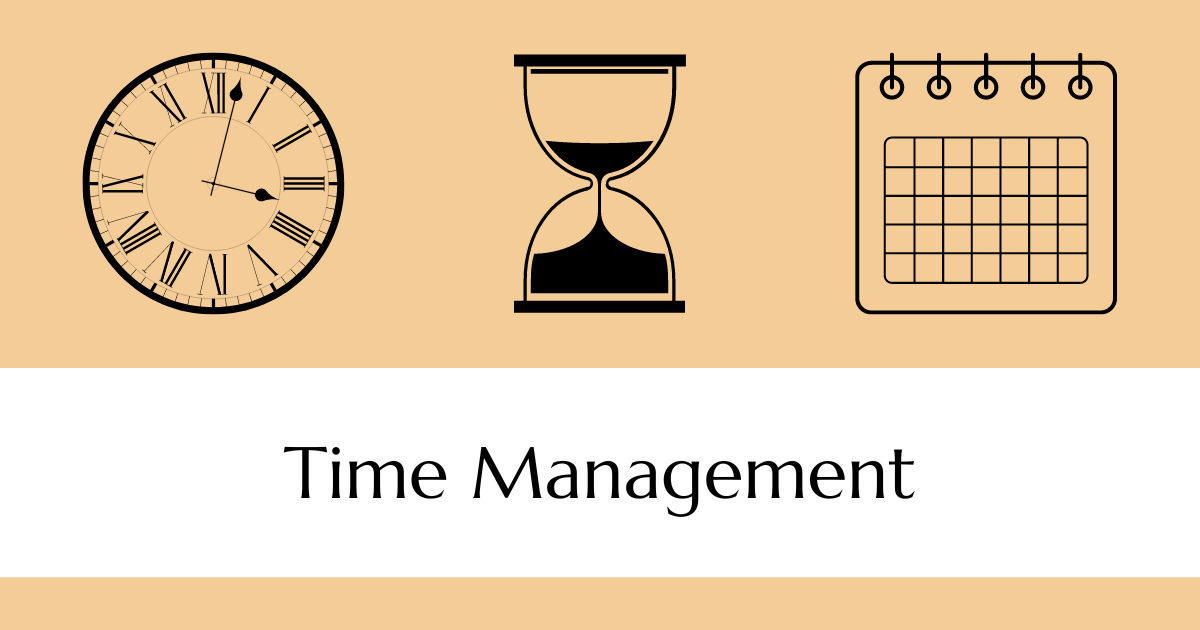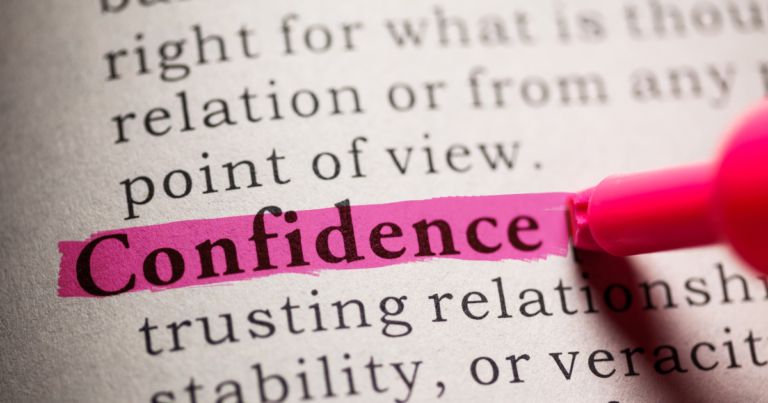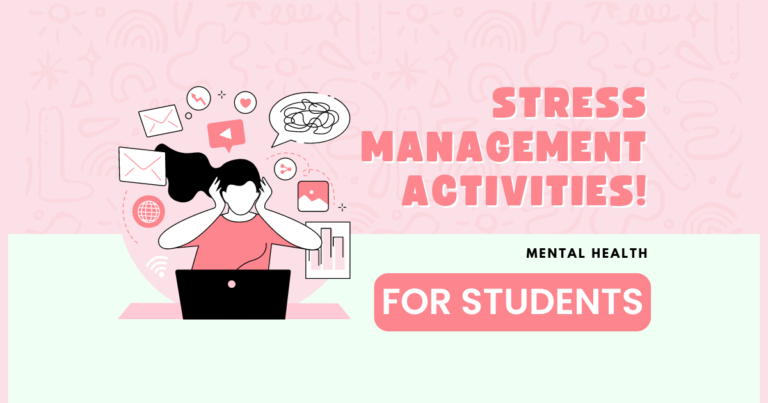What Is Time Management ? 5 Strategies For Better Productivity
In today’s fast-paced work environment, managing time effectively is essential for maintaining productivity and reducing stress. Good time management allows you to get more done in less time, freeing up space for personal life and a better work-life balance. By mastering time management skills, you can enhance focus, avoid burnout, and achieve more with a structured approach to your daily tasks.
There are several strategies and tools that can significantly boost your productivity. One key technique is grouping similar tasks together, also known as task batching, which minimizes distractions and increases efficiency. Another helpful habit is tracking how you spend your time to gain insights into where you might be wasting it. By staying aware of your time use, you can make adjustments and set boundaries more effectively. Prioritizing your tasks ensures that your energy is focused on the most important objectives, helping you meet deadlines and achieve your goals without feeling overwhelmed.
Implementing these simple habits can transform your workflow and make your day more productive. From organizing tasks to setting priorities, the right time management strategies can help you streamline your work processes. With a little effort, you’ll be able to work more efficiently, tackle challenges with ease, and ultimately achieve better results with less effort.
Table of Contents
1. Plan Your Day

Planning your day involves creating a structured plan for what you aim to achieve within a day, week, or month. This proactive approach helps you avoid the need to repeatedly check your to-do lists, as you have a clear roadmap of tasks and goals. One effective method for organizing your tasks is the S.M.A.R.T. framework:
- Specific: Define precise and detailed goals.
- Measurable: Establish metrics or criteria to track progress.
- Assignable: Determine who will be responsible for each task.
- Realistic: Ensure that your goals are attainable given your resources and timeframe.
- Time-bound: Set realistic deadlines to complete each task.
By employing this method, you gain clarity and focus on what needs to be done, reducing confusion and enhancing productivity. Having a clear picture of your objectives allows you to prioritize tasks effectively and allocate your time wisely. This structured approach not only helps in achieving your goals but also minimizes stress and ensures a more organized workflow resulting in better time management.
When you can visualize your daily, weekly, or monthly objectives clearly, it becomes easier to stay on track and accomplish what you set out to do. Effective planning lays the foundation for success by providing direction and structure to your daily activities.
2. Create a Calendar

Creating a structured calendar or schedule is one of the most effective ways to manage your time and stay organized. A visual aid like a calendar helps you prioritize important tasks and ensures you meet deadlines without feeling overwhelmed. Whether you prefer using a digital tool like Google Calendar or a physical planner, seeing your daily, weekly, or monthly schedule at a glance allows you to plan better, stay focused, and make informed decisions about how to allocate your time.
A well-organized calendar provides several benefits:
- Identify Key Deadlines and Milestones: By marking important deadlines and milestones, you can plan your work ahead of time and avoid last-minute stress. This helps you stay on top of major projects, exams, or work deliverables, ensuring nothing slips through the cracks.
- Allocate Time for Essential Tasks and Projects: Scheduling blocks of time for high-priority tasks ensures they get the attention they need. You can set aside dedicated time for important projects, allowing you to focus and complete them without unnecessary interruptions.
- Schedule Meetings, Appointments, and Personal Commitments: Keeping track of meetings, client calls, appointments, and personal events within your calendar prevents scheduling conflicts and ensures you have enough time to prepare. You’ll also have a clear overview of your availability when booking new meetings.
- Plan Breaks and Downtime to Avoid Burnout: It’s crucial to factor in breaks and relaxation time in your schedule to recharge and maintain productivity. By incorporating short breaks between tasks and longer rest periods during the week, you’ll prevent burnout and maintain a healthier work-life balance.

By maintaining an updated and organized calendar, you can manage your workload with greater ease, reduce stress, and make more deliberate decisions about how to spend your time.
3. Batch Tasks

Grouping similar tasks together is a powerful time management technique that helps you avoid distractions and stay focused. When you shift between different types of tasks, it can take time to refocus, leading to inefficiencies and reduced productivity. By batching tasks that are alike, you streamline your workflow and conserve mental energy, allowing you to get more done in less time.
Multitasking may seem efficient, but it often has the opposite effect. Constantly switching between unrelated activities can break your concentration and increase cognitive load, making it harder to stay on track. To counter this, consider grouping tasks that require similar skills or tools. For instance, if you need to respond to several emails, dedicate a specific block of time to handle all emails in one go rather than addressing them individually as they arrive throughout the day. This minimizes interruptions and allows you to focus entirely on the task at hand.
Other examples of task batching include scheduling time for phone calls, organizing data entry tasks together, or setting aside a block of time for creative work like writing or designing. When you group related tasks, you enter a productive flow state where you can work more efficiently. This method helps boost your overall productivity, improves your concentration, and ensures that each task gets the attention it deserves without being interrupted by unrelated activities.
By adopting this strategy, you not only save time but also increase the quality of your work. Task batching simplifies your routine, helps you avoid distractions, and makes it easier to tackle similar tasks in one focused effort.
4. Eliminate Distractions

AA messy workspace can really hurt your productivity and make it harder to stay focused. Keeping your environment clean and organized can help you work more efficiently. Here’s how you can tidy up and improve your workspace:
- Clear off your desk: Get rid of anything that doesn’t help you get your work done. A clean desk makes it easier to focus. Keep only what you need, like your computer, notebook, and a pen, and store everything else away.
- Use storage options: Use filing cabinets, shelves, or organizers to keep papers and supplies in order. This way, everything is easy to find, and you won’t waste time looking for things.
- Reduce distractions: Too many things on your walls or desk can be distracting. Keep it simple by removing extra decorations or notes that aren’t necessary for your work. A clean and simple space helps you focus better.
- Create a dedicated workspace: Set up a specific area for work, away from distractions. Whether it’s a quiet corner of your office or home, having a spot just for work helps you stay focused.
By cleaning and organizing your workspace, you’ll feel more in control, reduce stress, and be able to focus better on your tasks. A tidy space can make your workday more productive and less stressful.nized workspace sets the stage for productive work habits and time management. By eliminating distractions and creating a conducive environment for concentration, you can optimize your time and workflow.
5. Take Breaks and Hydrate

Contrary to the belief that constant work leads to greater productivity, taking regular breaks is essential To keep your energy up and your mind focused during the day, it’s important to take short breaks. These breaks help you recharge and be more productive. Here’s why you should schedule regular breaks:
- Move Your Body: Take a moment to stretch or move around. This helps prevent stiffness and tiredness. Simple actions like standing up, walking, or doing a few stretches can get your blood flowing and boost your mood.
- Clear Your Mind: Stepping away from your desk for a bit lets your mind rest. When you take a break, you can return to work with a fresh perspective. Use this time to do something enjoyable, like grabbing a snack, listening to music, or just sitting quietly.
- Reduce Stress: Doing things that help you relax can lower your stress levels. Consider deep breathing exercises, meditation, or taking a quick walk outside. Being in nature can refresh your mind, making you feel better overall.
- Stay Hydrated: Drinking enough water is essential for staying focused and healthy. When you’re dehydrated, you might feel tired or have headaches, which makes it harder to concentrate. Keep a water bottle at your desk and drink regularly to stay alert.

By making time for these breaks, you’ll keep your energy up and your mind clear, helping you be more effective at work. Remember, taking care of yourself is just as important as getting your tasks done.
Effective time management is a cornerstone of productivity and success in today’s demanding work environment. You can work smarter, accomplish more, and experience reduced stress levels. Remember, time is a valuable resource, and how you manage it can significantly impact your professional and personal life.
What is time management, and why is it important?
Time management is about planning how to use your time for different activities. Good time management helps you get more done in less time, reduces stress, and makes you more productive.
What are the main benefits of good time management?
Good time management has many benefits, such as getting more work done, balancing your work and personal life better, feeling less stressed, making better choices, and staying focused on tasks. It helps you prioritize what’s important and use your time wisely.
What are some simple time management strategies?
Some simple time management strategies include setting clear goals, figuring out which tasks are most important, creating a schedule or calendar, doing similar tasks together, and taking breaks to refresh your mind.
How can I get better at managing my time?
To get better at managing your time, start by looking at how you spend your time now. Set specific goals, use planners or calendars, reduce distractions, and regularly check how you’re doing to find areas where you can improve.
Are there any tools or apps that can help me manage my time?
Yes, there are many tools and apps that can help with time management, like Todoist, Trello, Asana, and Google Calendar. These tools help you organize your tasks, set deadlines, and track your progress, making it easier to manage your time.








Hey Students!
Summer semester’s almost here! Get a head start and grab all your eTextbooks (over 15,000 titles in convenient PDF format!) at Cheapest Book Store. Save BIG on your studies with 20% off using code SUMMERVIBE24.
Still missing a book? No problem! Submit a request through our system and we’ll add it to our collection within 30 minutes. That’s right, you won’t be left scrambling for materials! ⏱️
Don’t wait – visit https://m.cheapestbookstore.com today and ace your summer semester!
Happy Learning!
Cheapest Book Store
Only wanna comment that you have a very nice web site, I love the pattern it really stands out.